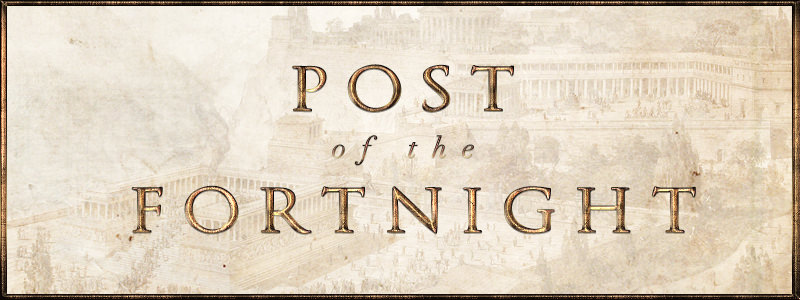This is a continuation of the discussion from
another thread, regarding capitalism and the Second World War.
The claim was not about what “would happen to every nation in the same position” (not every state would have repeatedly violated treaties, prosecuted multiple wars of aggression, executed business leaders for “defeatism” and refused to surrender until the govt district had been stormed). It was that the war economy, (and esp. total mobilization) could not reasonably be described as “capitalist”.
As per my initial post, the expected fruits of Nazi imperialism (which both necessitated a centrally-planned economy and envisioned a vast land redistribution scheme) did constitute the backbone of the party’s “long-standing economic doctrine”. The NSDAP’s domination of the industrial sector (which was integral to this strategy) was so extensive that it cannot be said to have been under the control of market forces, much less operating privately.
This has been written about elsewhere, so I’ll be brief:
Both German fascism and Bolshevism were revolutionary, collectivist, totalitarian, authoritarian, imperialist, prophetic movements which despised the old elite, emerged from the ashes of the First World War and seized power by overthrowing fledgling democracies in their respective countries. Both claimed ownership over the idea of socialism.
The suggestion that these parallels can simply be dismissed as coincidental or “Cold War propaganda” is untenable.
The plan expresses the underlying themes of national socialism. It was the party’s “official statement of goals” throughout its existence, even if Hitler’s prioritization of short-term imperialism took precedence. It includes nationalist and anti-Semitic demands (namely that Jewish persons be stripped of citizenship) and proclaims the party’s opposition to the “Jewish materialist spirit”. That the Final Solution had not yet been conceived of does not mean that the anti-Semitic ideology which inspired it was absent in 1920.
A systemic problem is one which affects the whole. Pointing to isolated examples of American corporate collaboration with the NSDAP is not an indictment of the entire system (liberal, market capitalism), particularly given the overwhelming culpability of statism in the humanitarian abuses of the 20
th century. Naturally, the socialized/communal economy of the Soviet Union isn’t criticized for its complicity in Soviet crimes.
It's interesting that Soviet Union is viewed as entitled to to collaborate with the NSDAP in “self-defence” (including on imperialist projects), but the same excuse is not afforded to German companies/subsidiaries many of which would likely have collapsed (if not worse) had they refused to cooperate with the NSDAP. Predictably the credit arrangement based on Reichsmarks between Nazi Germany and the USSR (which presumably counts as “capitalism”) is also overlooked.
W/regard to the alleged defensiveness Stalin’s imperialism, the following should be noted:
1. Soviet aggression prior to the war was not limited to the annexation of eastern Poland (where the regime perpetrated humanitarian crimes). It also included the invasion of Finland and the occupations of Lithuania, Estonia, Latvia, Bessarabia and Northern Bukovina.
2. The occupations of Poland provided the Soviet Union with no strategic advantage. On the contrary, Soviet losses in its western border region during the summer of 1941 were catastrophic. German forces advanced 320 km and encircled Minsk within days of launching Barbarossa. The Soviet Western Front suffered 400,000 losses, including 10,000 artillery pieces, 5000 tanks and 1500 aircraft in fewer than 3 weeks.
3. On their return to Poland in 1944, the Red Army refused to assist the Polish Home Army in Warsaw, effectively facilitating the German garrison’s destruction of the resistance and the city. Remaining Polish freedom fighters/partisans (anti-fascists) were subsequently liquidated by the Bolsheviks.
4. The Soviet Union constructed communist puppets in “liberated” eastern European countries, keeping them subjugated under Soviet imperialist rule until the empire’s collapse forty-five years later.













 once you achieve enough wins, but first you must be nominated in threads such as this one. And it works like this.
once you achieve enough wins, but first you must be nominated in threads such as this one. And it works like this.






























